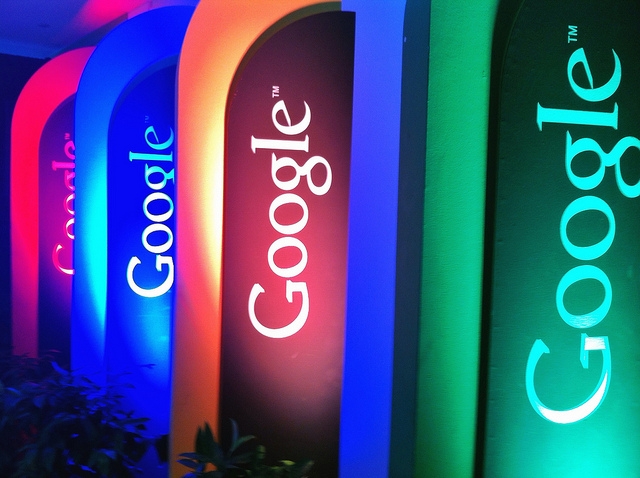The Question of Google's New Fashion Carousels
Every year, tech innovations at catwalks and other live fashion events get more and more impressive. In 2015 we were wowed by VR and 3D printing. This week, however, we’ve witnessed a subtler – though arguably more significant – shift: Google has teamed up with over 50 brands to help return more relevant searches for fashion fans.

Google has an awful lot of power. By acting as the internet’s biggest gatekeeper, it has effective control over what users see when they search for a specific term. But the company does not (often) leverage this power for its own ends, preferring instead to direct users to the pages which it deems most worthy in terms of influence, UX, mobile compatibility, and high-quality content. (A noticeable exception was the company’s recent manipulation of autocomplete search results to help improve Hillary Clinton’s online reputation).
Google’s incredible popularity is in no small part due to its efficacy at getting people to the right pages. But now, working with Maxim editor Kate Lanphear, the company is experimenting with curated search carousels over the duration of this year’s fashion weeks. Beginning this Thursday, brands taking part will be able to control what searchers see and the format that featured content takes. The carousels will sit front and centre atop of the regular links which the Google algorithm returns.
Whilst the extra control is clearly a big advantage for brands, Google claims that a more interactive and dynamic experience will benefit consumers, too. Still, some are claiming that the development calls into question the integrity of Google’s search results – with the new practice potentially paving the way for brands to have more control than ever over their online personas at the expense of other relevant sites.
What do you think? Is Google’s new carousel idea just a way for brands to communicate more effectively with consumers? Or does it set a dangerous precedent and open the door to online partisanship?
Email me your thoughts.
